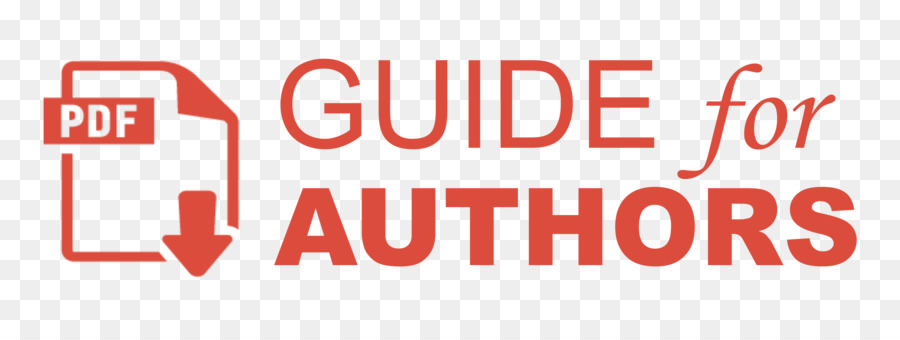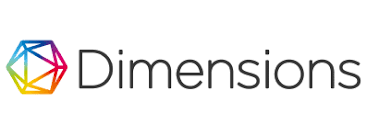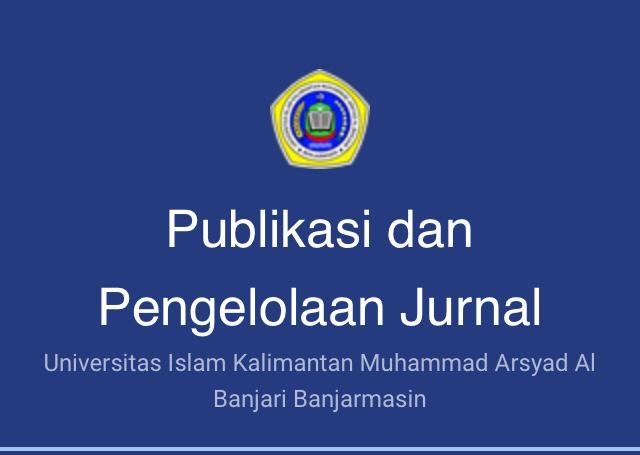ANALISIS STRATEGI PENGELOLAAN WAKAF PRODUKTIF DI INDONESIA
(1) Pasca Sarjana STEI TAZKIA Bogor
(2) Pasca Sarjana STEI TAZKIA Bogor
(3) Pasca Sarjana STEI TAZKIA Bogor
(*) Corresponding Author
Sari
Islamic Waqif has an important role as one of the instruments in the economic empowerment of the people. In history, awqf played an important role in the development of social, economic and cultural life of the people. Both laws and regulations in the form of Law No. 41 of 2004 and Government Regulation No.42 of 2006 regulating the interests of worship, education, social and more important are the interests of the people's economic welfare.
This study has a general purpose to formulate productive awqf management strategies in Indonesia, with specific objectives as follows: a.Identify constraints in developing productive awqf in Indonesia; b. Formulate productive awqf management strategies in Indonesia as literacy efforts in the field of da'wah in the community.
Research examines the factors that influence the productive awqf management in Indonesia, through interviews of experts and regulators. Then analyze the policy. With the ANP and SWOT methods, that found the Strengths factors are Regulations / Laws and the largest Muslim population in the world. While Weaknesses are a lack of socialization and traditional mindset about awqf. Elements in the SWOT method, which is an opportunity to develop awqf (Opportunity) is the collection of endowments as the main element of worship and Professionalism in managing waqif funds. And the Threats in waqif management are materialistic lifestyle (hedonism) and non-Islamic education patterns. It is expected that the results of this study can provide input to the Regulators (Government and Legislature), Academics, Wakif and the Community beneficiaries of the awqf itself.
Kata Kunci
Teks Lengkap:
PDFReferensi
Ascarya, 2011,”The Persistence of Low Profit and Loss Sharing Financing in Islamic Banking: The Case of Indonesia”review of Indonesian economic and business studies vol.1 LIPI economic research center.
Mu‟allim M. et. Abdurrahman. 2014. Jurnal Bimas Islam. Vol. VII, Nomor:IV.
IAIN Ambon. Ambon.
Qahaf, M. 2005. Manajemen Wakaf Produktif Terjemah oleh H Muhyidin Mas Ridha. Khalifa. Jakarta
Rosalinda. 2015. Manajemen Wakaf Produktif. PT Raja Grafindo Persada, Depok
Tanjung, H. Devi, A. 2013. Metodologi Penelitian Islam. Gramata Publishing. Jakarta
Undang-undang no. 41 tahun 2004 tentang Wakaf.
DOI: http://dx.doi.org/10.31602/al-kalam.v5i2.1712
Refbacks
- Saat ini tidak ada refbacks.

Al Kalam : Jurnal Komunikasi, Bisnis, dan Manajemen by https://ojs.uniska-bjm.ac.id/index.php/alkalam/index adalah ciptaan disebarluaskan di bawah Lisensi Creative Commons Atribusi-BerbagiSerupa 4.0 Internasional.









